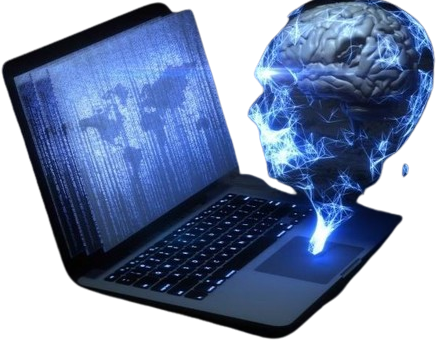In order for a just and equitable society to operate, everyone must have the opportunity to access justice. But monetary, social, and structural hurdles often make it hard to get legal aid. So, legal aid is crucial because it helps close the income gap so that people from all walks of life may access the justice system when they need it. The importance of legal assistance in expanding access to justice is examined in this rapport, which also examines the possibilities and threats to its efficacy.
Legal assistance is essential because it ensures that everyone, regardless of their financial situation, has access to justice, which is a fundamental principle of a democratic society. It ensures that disadvantaged groups and people in vulnerable situations have access to the legal representation they need to understand and use the legal system to their advantage, defend their rights, and have their complaints heard. Equal access to justice and the ability to defend one’s interests in court are fundamental principles that legal assistance works to advance.
Improved Access to Justice: By removing some of the obstacles that prevent people from obtaining legal aid, efficient legal aid programs help more people get the justice they need. Factors such as limited resources, unfamiliarity with the law, language obstacles, and physical location all play a role. People are able to overcome these challenges and get the legal solutions they require via legal assistance, which offers free or subsidised legal services. To further equip communities with information about their rights & the possible legal options, legal aid operations often include outreach and education activities.

Despite its significance, legal assistance encounters several obstacles that reduce its effectiveness; these obstacles need solutions. Some of the most common problems that people face are a lack of resources, a narrow focus, red tape, and uneven access to services. Collaboration between the commercial sector, civil society groups, governments, and legal experts is essential in order to tackle these difficulties. To make legal aid programs more efficient, we need to do things like provide more funds, broaden who may qualify for the program, use technology to improve service delivery, and strengthen the skills of legal practitioners.
Enhancing the delivery use legal aid services via the use of technology and innovation has been a prominent focus in recent years. In order to simplify the delivery of legal aid and reach more people, novel strategies are being used, such as virtual consultation services, mobile apps, online legal clinics, and digital platforms. Community legal education applications alternative dispute resolution methods, and pro bono collaborations between law firms & legal aid groups are some of the other projects that help broaden access to justice in new ways.
Finally, regardless of one’s socioeconomic status, everyone should have access to justice, and legal assistance plays a crucial role in making that happen. Legal assistance is vital in maintaining the rule of the law & advancing social justice because it helps people by addressing structural injustices and providing them with the resources to stand up for their rights. Nevertheless, we must work together to address the obstacles that legal assistance faces and find creative ways to make it even more effective. If we are dedicated and work together, we can create a world where everyone has fair and universal access to justice.

